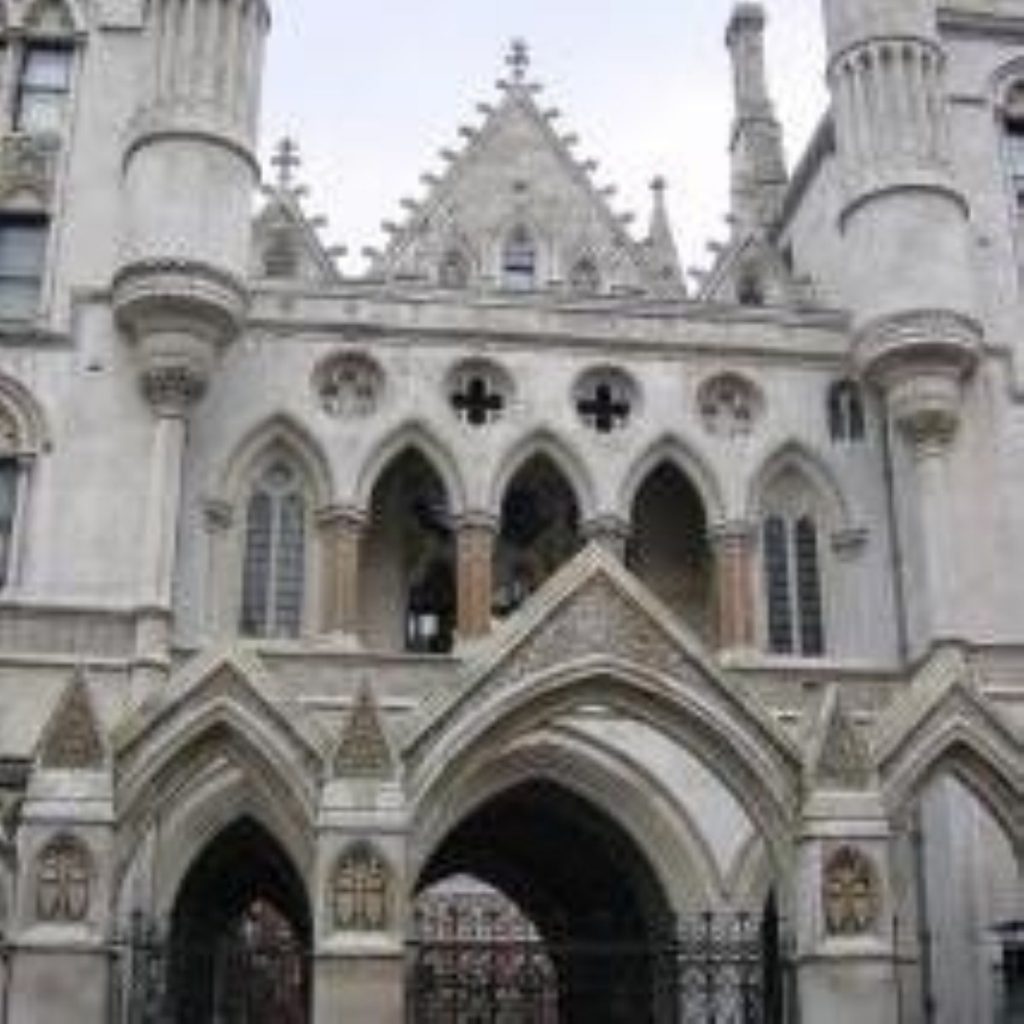Iraqi High Court challenge begins
Iraqi civilians and their lawyers have begun a High Court action to try and force the UK Government to institute an independent inquiry into alleged deaths and serious injuries to Iraqi citizens.
In what is likely to be a landmark legal judgement, the court will be asked to rule on whether UK troops in southern Iraq are covered by the Human Rights Act, in particular the clauses relating to protection of life and freedom from cruel, degrading, or inhuman treatment.
Six test cases of Iraqi deaths reportedly at the hands of UK soldiers, all relating to the period after official hostilities ceased, are being presented to the court by Public Interests Lawyers.
They are to argue that the Human Rights Act applies in Iraq “by virtue of the UK’s effective control and authority” and that the UK “is therefore obliged to conduct an independent investigation into the deaths and injuries of Iraqi civilians caused by the acts of British troops.”


Solicitor Phil Shiner said: “None of my clients have been told that those responsible for the deaths of their relatives are being held accountable. Nor have they been told of, or been involved in, any investigations.
“Such failure falls far short of the Government’s obligations under the Human Rights Act. This case involves issues which are not only important to the victims and their families and their right to redress, but also extremely significant in having the capacity to ensure that future conflicts, occupations and peacekeeping operations are subject to human rights law.”
Counsel for the Ministry of Defence is likely to argue that the Human Rights Act does not apply as, though the UK occupies southern Iraq, it is not in de jure control of the province.
It is also likely to point out that it has initiated investigations into 93 cases of alleged mistreatment by UK soldiers, two of which have already resulted in charges, and as such has fulfilled its responsibilities as an occupying power.
If the attempt to force an independent inquiry is successful, then the possibility arises of UK soldiers being prosecuted for war crimes and of other compensation claims from alleged victims. However, due to the complex legal nature of the case, appeals against the court’s verdict could be taken to both the House of Lords and the European Court of Human Rights.

